Soil Fertility
All Soil Fertility Content
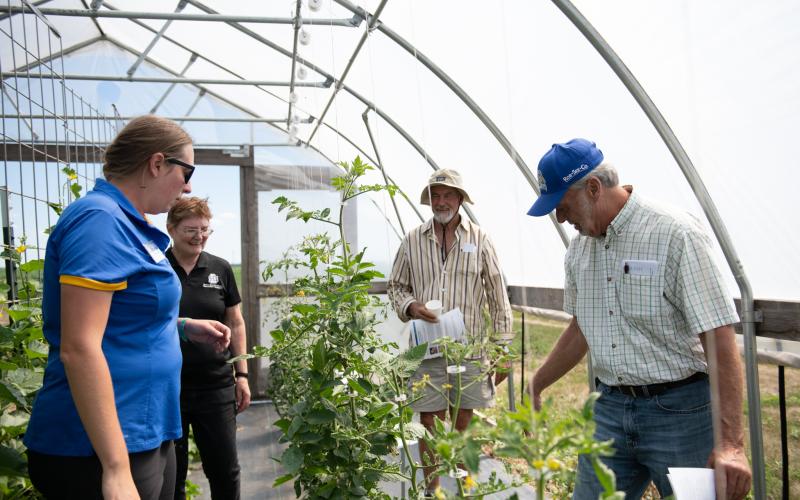
The South Dakota State University Southeast Research Farm to host Field Day on July 11
June 30, 2023
The South Dakota State University Southeast Research Farm Field Day will be held on July 11 near Beresford, South Dakota.
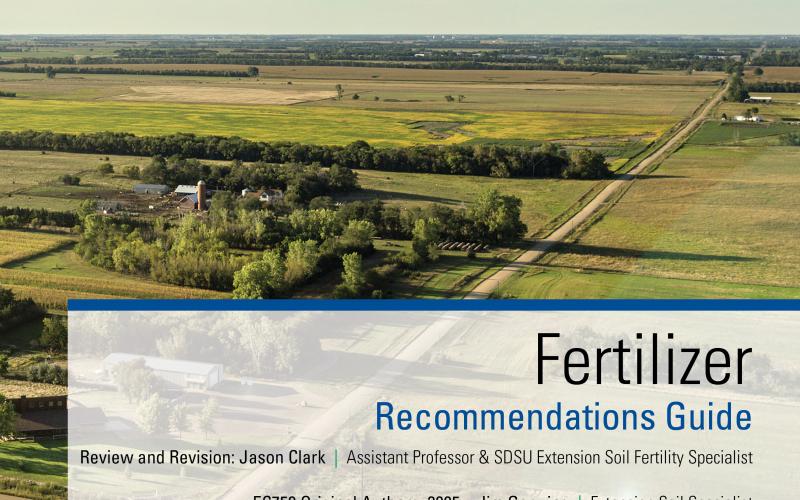
SDSU Extension releases updated 2023 corn nitrogen fertilizer rate guidelines
March 27, 2023
South Dakota State University Extension has updated the corn nitrogen Fertilizer Recommendations Guide to reflect lowered rate recommendations.
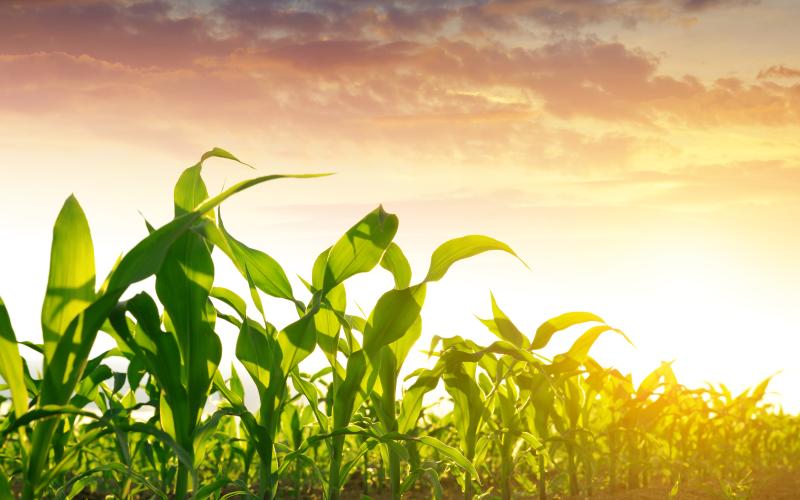
2019 Survey South Dakota Corn Nutrient Management Practices
Data from the 2019 survey South Dakota farmers was used to examine how local and operational characteristics such as geographic location within SD, tillage practice, and farm size were related to the adoption of various nutrient management practices.
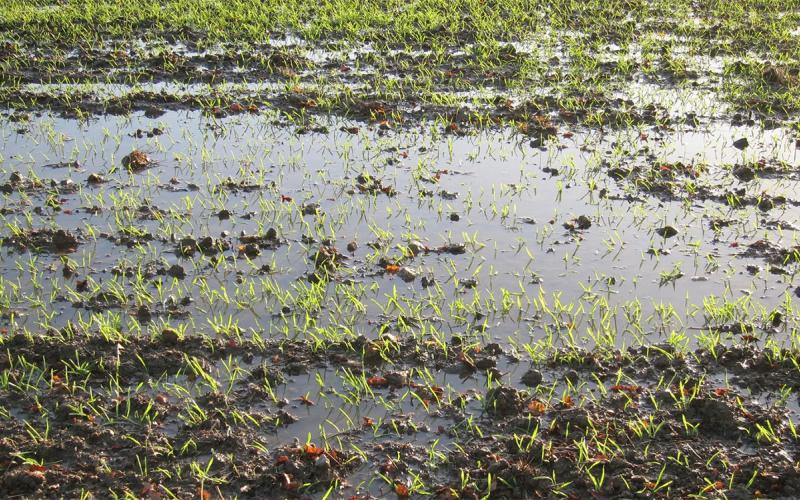
Effects of Spring Flooding in Winter Wheat
Every winter, growers are curious if their winter wheat will survive the winter. Learn some key factors that determine plant survival along with tips for assessing your fields this spring.
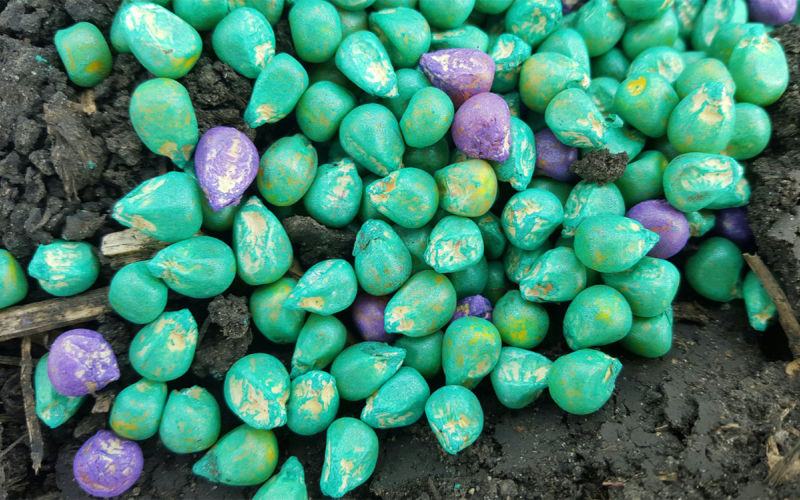
Corn Seed Treatment Effects on Soil Microbial Activity and Grain Yield at the 2022 Soil Health School
A recent research project at the South Dakota Soil Health Coalition's Soil Health School investigated the impact of omitting corn seed treatments on plant stands, microbial activity and grain yields. The findings may surprise you!
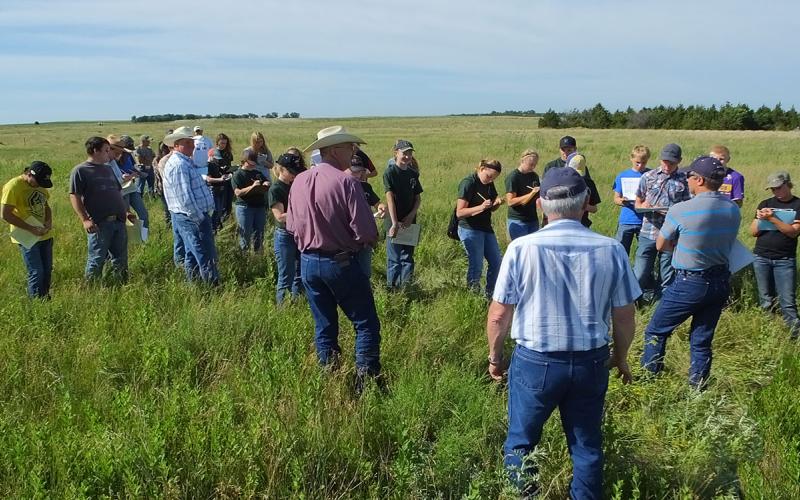
39th annual Rangeland and 18th annual Soil Days set for June 14-15 in Watertown
March 20, 2023
SDSU Extension, Codington Conservation District and South Dakota Natural Resources Conservation Service are hosting Rangeland Days and Soil Days on June 14-15 in Watertown, South Dakota.
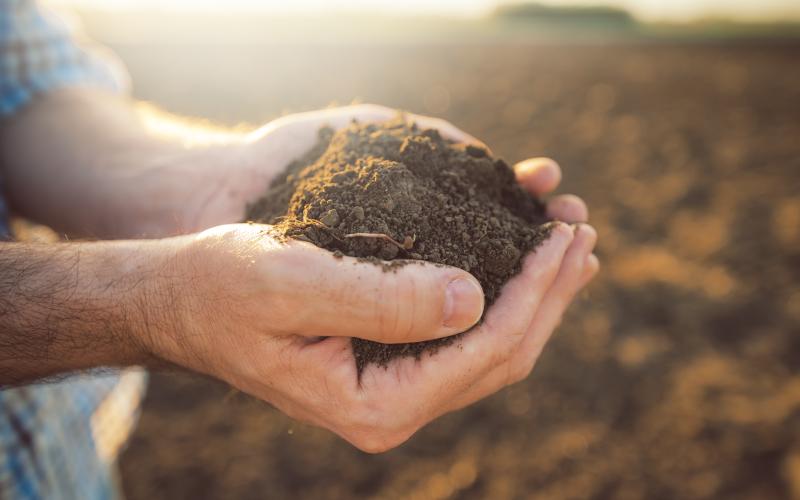
South Dakota Fertilizer Rate Guidelines Calculator for Corn, Soybean, and Wheat
Calculator for Fertilizer Guidelines for Corn, Soybean and Wheat in South Dakota
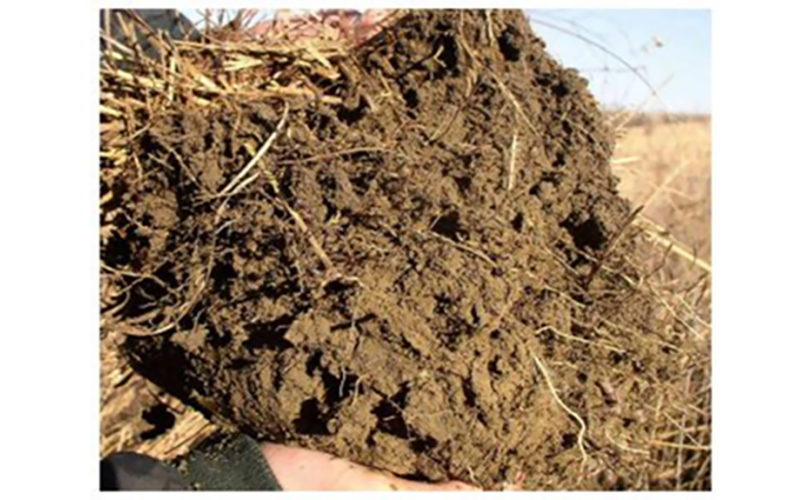
Register Now for SDSU Extension Soil Management Workshop
November 22, 2022
This year’s Managing Soil: Maximizing Profit program is Dec. 2 at the NFAA Yankton Archery Complex Community Center in Yankton.
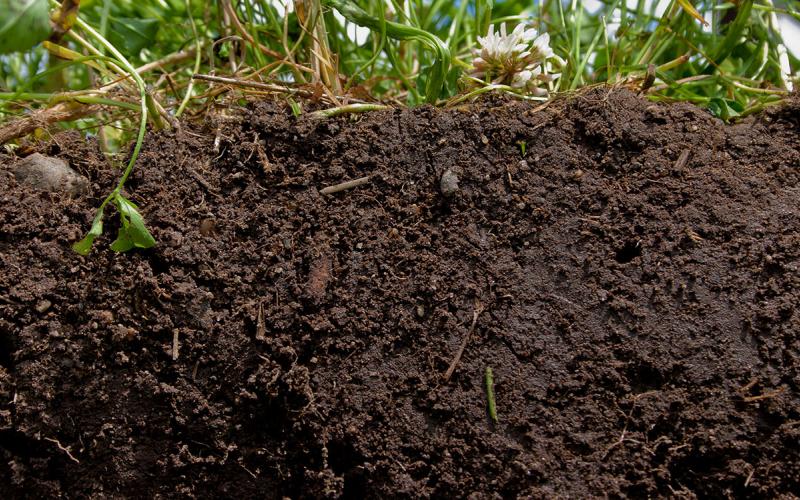
Why Is Carbon So Important to Agriculture and Society?
Carbon is not only vital to soil health—it’s the foundation of our long-term food security. Learn some incredible facts about the role carbon plays in our soil and environment.
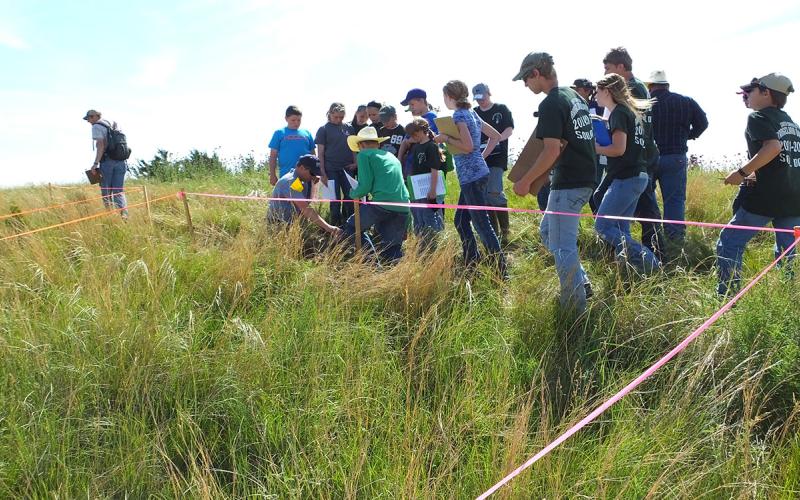
38th Annual Rangeland and 17th Annual Soils Days Held in Murdo
August 15, 2022
SDSU Extension, along with the Jones County Conservation District and the South Dakota Natural Resources Conservation Service (NRCS), hosted the 38th Annual Rangeland and 17th Annual Soils Days June 14-15, 2022, in Murdo, South Dakota.